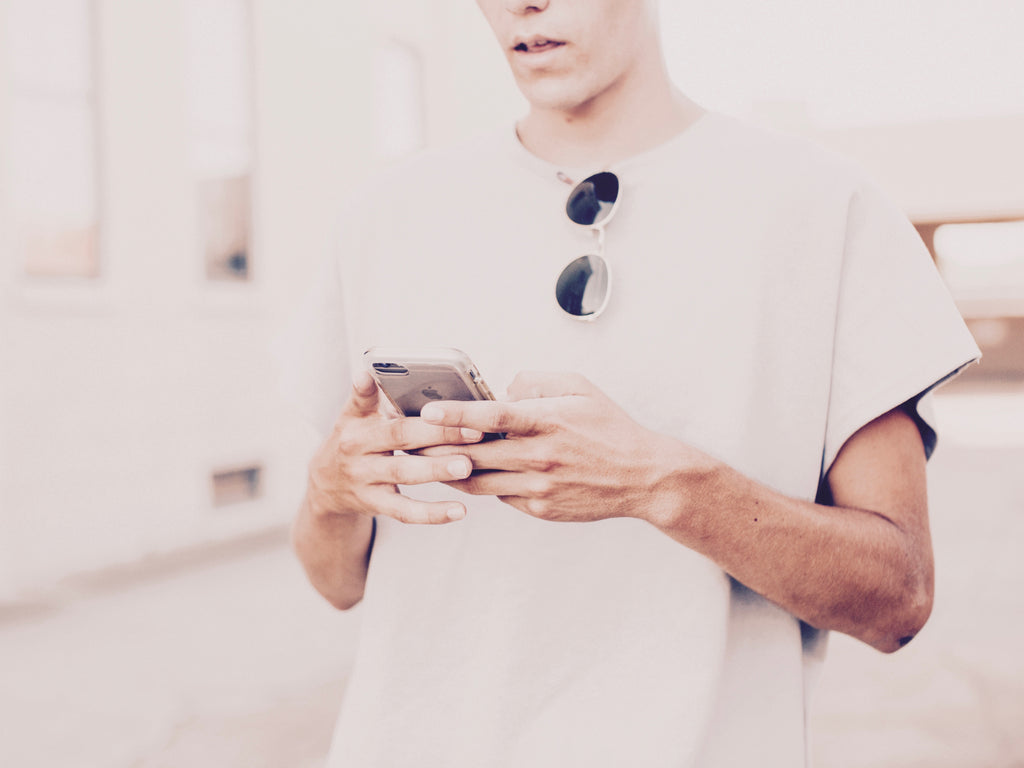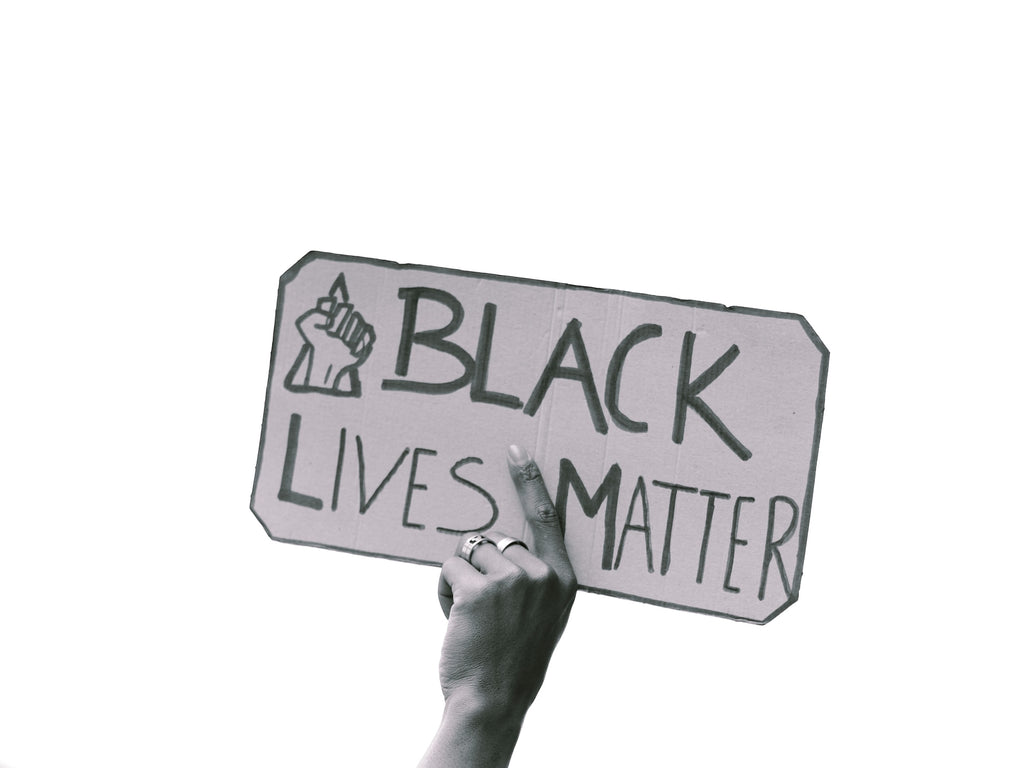These days you don’t have to be a celebrity, influencer or CEO to worry about keeping your social media and email accounts safe from getting hacked. There’s enough scammers, jealous exes and random internet weirdos going around that it’s likely you’ll want to take a few steps to protect yourself from having someone try to steal your private information.
Luckily, you don’t have to be a computer wizard or tech geek to lock things down and make sure all your photos, messages and sensitive information don’t fall into the wrong hands. Even if it seems unlikely you’ll be a target, online safety guards are something that’s better to have and not need rather than need and not have.
Here are 5 simple steps you can take to keep safe:
Check If You’re at Risk
The first thing that you want to do in order to beef up your online security is get a sense of whether you might be at risk of getting hacked or having someone steal your personal information. This could range from getting messages about people attempting to sign into your accounts, weird activity you don’t remember on social media or other bad signs (unless you’re the type to send Western Union requests to help an uncle in Nigeria).
But it might not be that obvious, and there’s also the chance that some of your information has already been hacked or been caught up in security breaches of major companies like LinkedIn that had their users’ information stolen. If you want to see if you’ve been caught up in a hack, enter your email address at the site haveibeenpwned.com. It’s a handy, if scary, tool built by an Australian security expert that can let you know whether your reasons to worry are valid.
Take Control of What’s Out There About You
Once you have a sense of the problem, you can begin to take back control of what information has surfaced from the depths of the interwebs. We’ve probably all been wise enough to turn on some extra privacy on Instagram or Facebook, but take stock of other accounts you may have forgotten. The best rule to keep safe is that if you’re not using something, just delete it.
Is there an old website you had to make for a college class? Delete it. A Kickstarter page for a long-abandoned project? Time to shut it down. A social media page that you haven’t updated in years? Get rid of it. Inside each of these kinds of profiles could be little bits of information that help people trying to break into your accounts.
There are also a number of websites like MyLife and Spokeo that collect people’s emails, addresses and phone numbers and then sell them to marketing companies. You can request to be removed from these sites or use a service like DeleteMe that will do it for you.
Two-Factor Verification Is Your Friend
One of the easiest ways to keep your social media accounts safe is to turn on something called two-factor verification. It’s an option you’ll find in the settings section on Facebook, Instagram, iCloud, and more. Two-factor verification makes it so that anytime you log into an account, you’ll get a text message or phone call to verify that it’s really you. It might be a bit of a hassle, but it means that even if someone has your password, they likely won’t be able to get into your account.
Size (Of Your Password) Matters
When it comes to picking passwords, it’s easy to get lazy and re-use the same one you’ve been keeping since high school. But even if you’ve gotten a little fancier and throw in a few upper case letters and numbers, you might not be as safe as you think. The current thinking on passwords is that those special characters also might not make much of a difference – what’s most important is actually the length of the password.
If you want to give your passwords a security makeover, the best way is to choose a long (around 20 characters or more) set of letters. These can be a phrase or a name to make it easy to remember – just try not to make it too obvious.
Or, Get A Password Manager
Although picking a strong password is a big step toward protecting yourself from hacks, the real deal is getting a password manager like LastPass that will secure all the accounts you have and put everything in one place. These will automatically generate nearly unbreakable passwords for you, and keep a vault of them so that you can easily sign into everything.
Lots of businesses have begun using such managers not only for safety reasons, but because it means that they no longer need a giant list of log-ins for all the services that they use. It’s helpful for regular people too, allowing you to block out hacks while not having to remember a million different passwords. Like almost everything in life, it’s better to be safe than sorry.
This post is tagged as:
You may also like...
The Latest
People & Places
How Ara Katz is Redefining “Self-Care” as Rooted in Science with Seed
The co-founder, mother, and self-proclaimed serial entrepreneur unpacks her philosophy on what it means to be well. Ara Katz hates the word “success”. Not because of its listed definition in a di...

Do Good Werk
9 Passive-Aggressive Email Phrases That Are Basically Evil
A Rosetta Stone for every time you want to :’).

Woo Woo
Get to Know Your Astrological Birth Chart
How to find meaning in the stars — and what it means for you.

People & Places
The 5 Best Places In New York To Meet Your Next Investor
Where to rub shoulders with the city's movers and shakers.

Do Good Werk
10 Unhealthy Thoughts You Convince Yourself Are True as a Freelancer
If you work alone, you might be particularly susceptible to distorted thoughts that hurt your mental health.

People & Places
Creating a Conference-Meets-Summer-Camp for Adult Creatives
An interview with Likeminds founders Rachael Yaeger and Zach Pollakoff This past September, I sat in front of an obituary I wrote for myself after a session with a death doula. No, I didn’t know w...

People & Places
When Something Golde Stays: An Interview with Golde’s Co-CEOs
“For us it was never a question,” says Issey Kobori, speaking of the decision to build a business with his partner Trinity Mouzon Wofford. At just shy of 27, Kobori and Wofford have secured a host ...

Better Yourself
Are They Toxic? Or Are They Human?
There’s a difference between putting up boundaries and putting up walls, and the latter is what breaks relationships.

Do Good Werk
How To Combat Seasonal Affective Disorder At Work
Here’s what to do if seasonal affective disorder starts to take a toll at the office.

People & Places
Reclaiming Womxn's Wellness Spaces from a White-Dominated World
How The Villij built a collective that their community can connect to.







